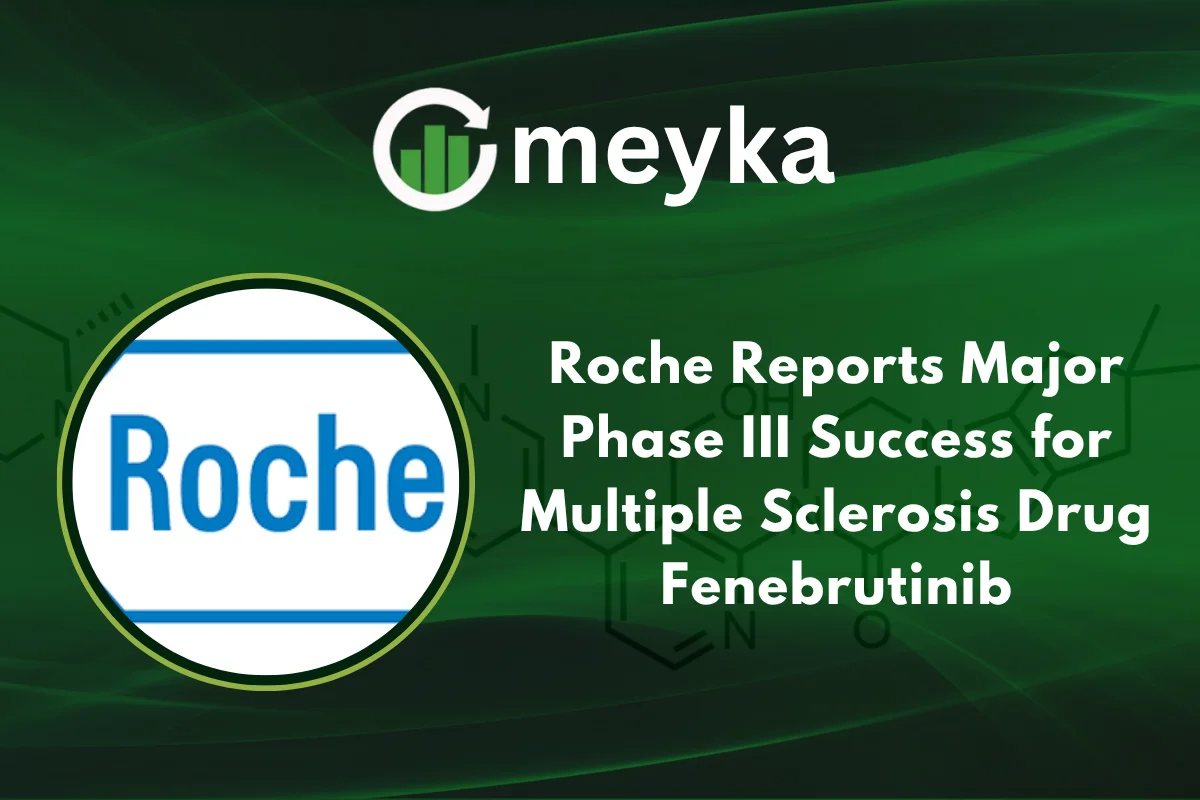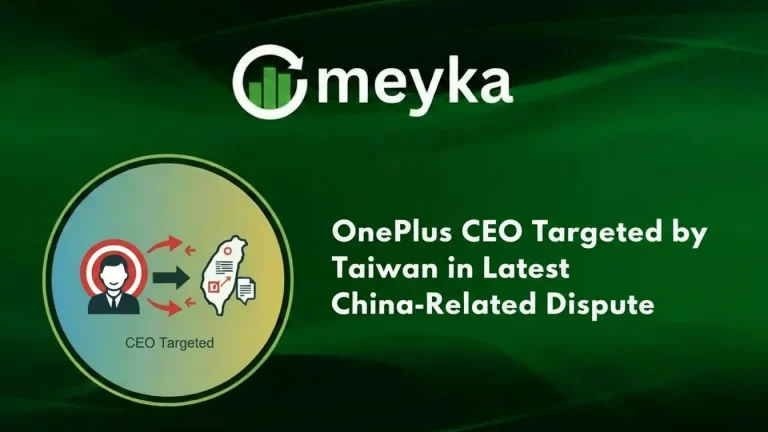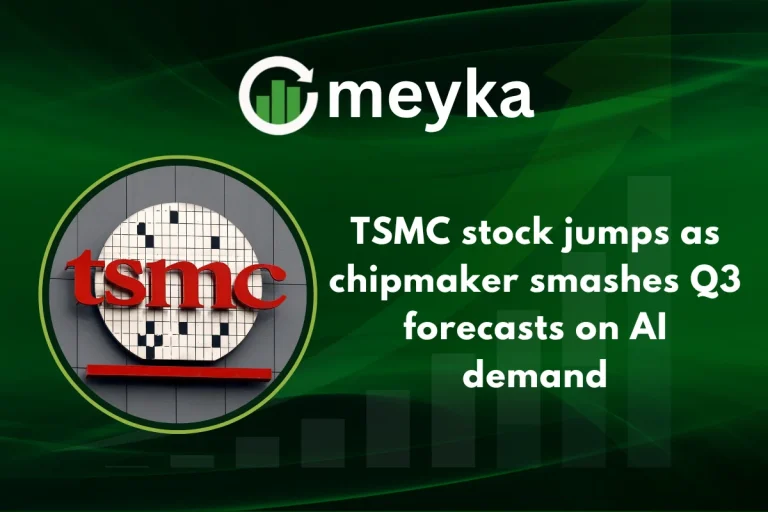Roche Reports Major Phase III Success for Multiple Sclerosis Drug Fenebrutinib
The global healthcare company Roche has announced a promising advance in the treatment of multiple sclerosis (MS). Its experimental oral drug Fenebrutinib has shown major Phase III trial success, targeting a market that has long awaited new therapies. This update not only matters for patients but also has implications for investors and those doing stock research. The news could influence Roche’s valuation and position within the healthcare sector of the stock market.
Continue Reading on Meyka
This article is available in full on our main platform. Get access to complete analysis, stock insights, and more.
Read Full Article →





